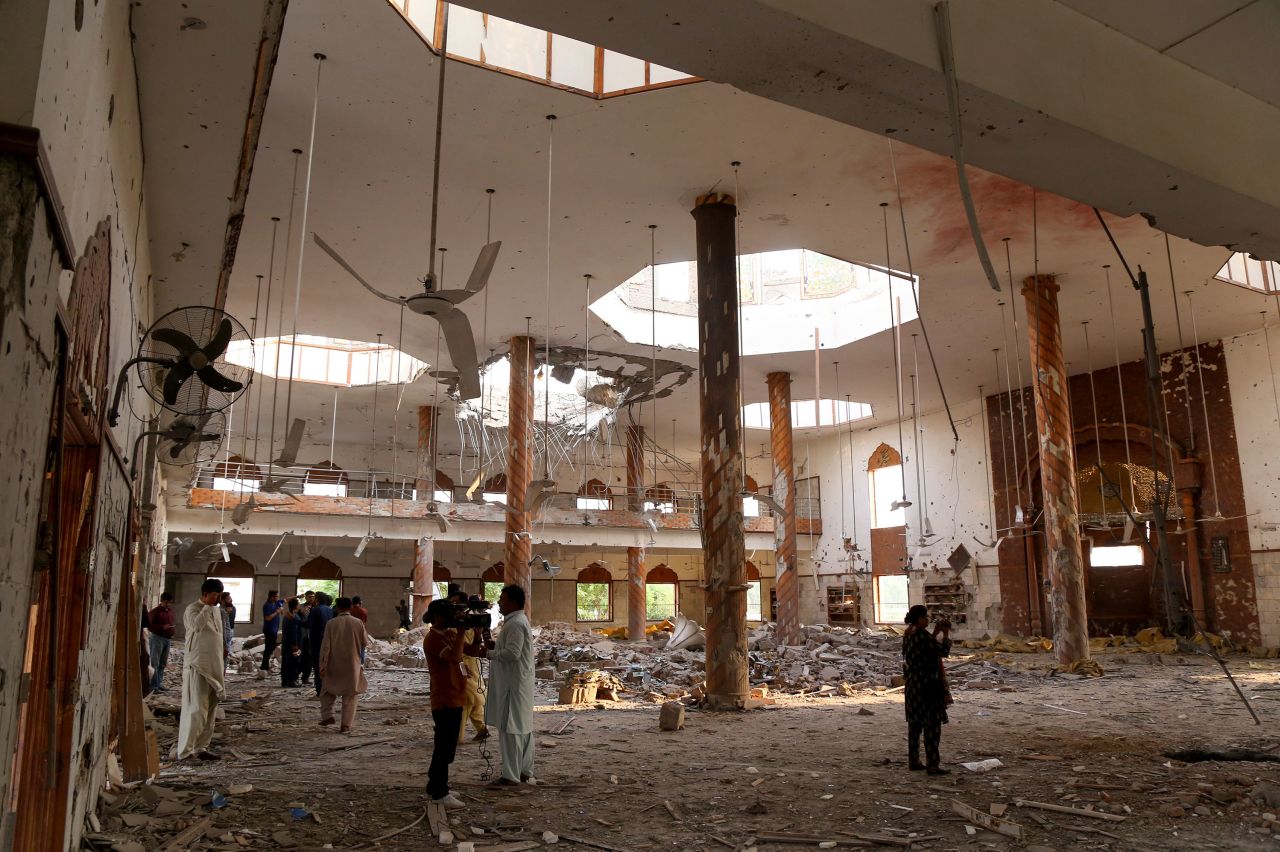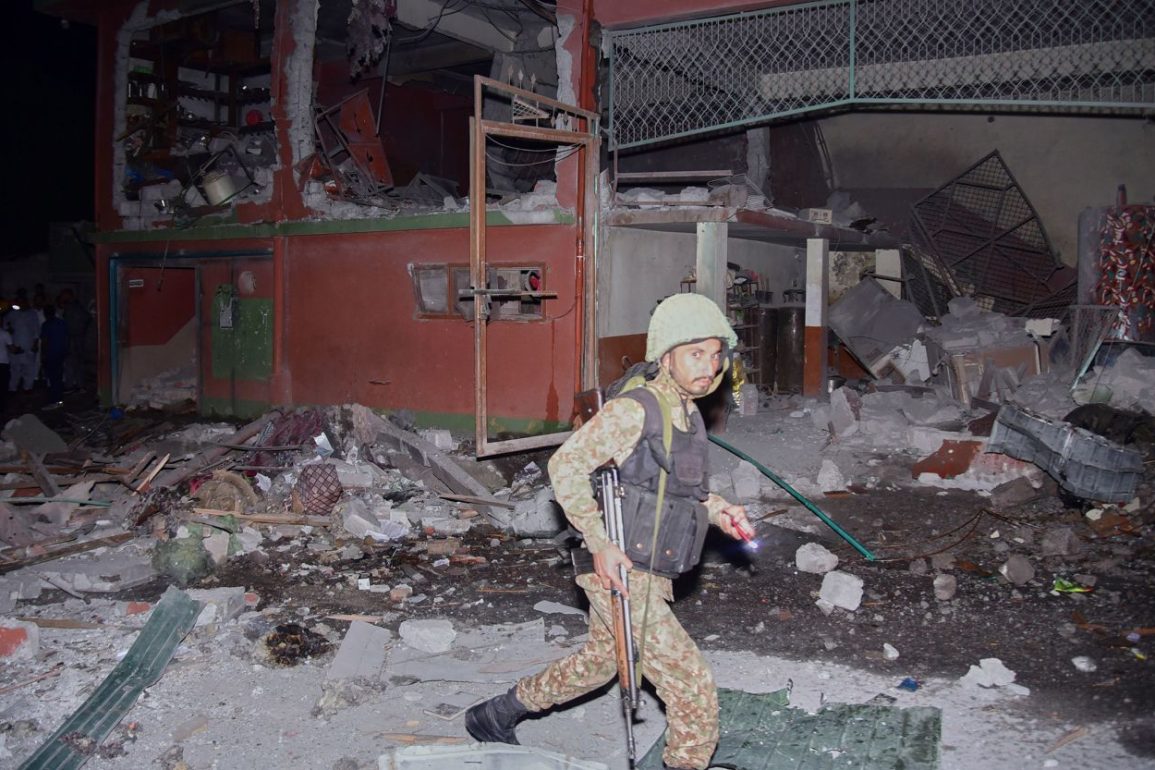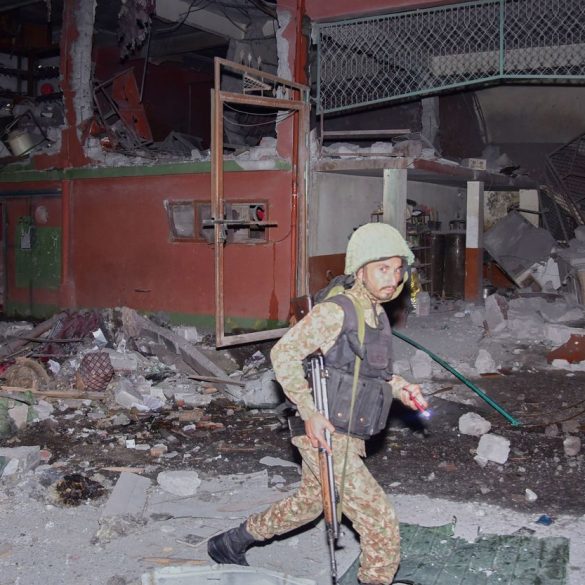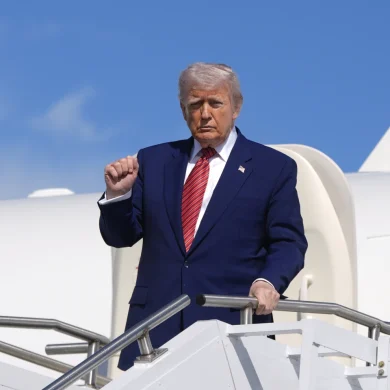On the night of May 8, tensions between India and Pakistan intensified significantly following India’s successful Operation Sindoor. In a retaliatory move, Pakistan launched a large-scale offensive involving missile strikes and over 50 drones targeting Indian states such as Jammu and Kashmir, Punjab, Rajasthan, and Gujarat. The aggressive action marked a major escalation in hostilities between the two nuclear-armed neighbors.
India responded swiftly and effectively, managing to intercept and neutralize all incoming drones and missiles. In retaliation, Indian forces launched a counterstrike aimed at multiple key Pakistani cities, including Islamabad, Karachi, Sialkot, and Lahore. Notably, India also shot down a Pakistani AWACS (Airborne Warning and Control System), a significant tactical blow to Pakistan’s aerial capabilities.

Civilians Seek Shelter as Cross-Border Strikes Intensify, Prompting Global Calls for Calm
The situation created widespread fear and chaos on the ground, particularly in the border states, where civilians were forced to seek shelter amid ongoing attacks. Cities like Jammu witnessed intense shelling, causing panic among residents and hotel staff alike. Meanwhile, India continued its military operations, expanding its retaliation to include strikes in Rawalpindi, Gujranwala, Attock, Bahawalpur, and near Karachi.
As the conflict escalated, international concern grew. U.S. Secretary of State Marco Rubio engaged in urgent diplomatic conversations with India’s External Affairs Minister S. Jaishankar and Pakistan’s Prime Minister Shehbaz Sharif. Emphasizing the dangers of a prolonged or wider conflict, Rubio stressed the urgent need for de-escalation to prevent further violence and regional instability.









